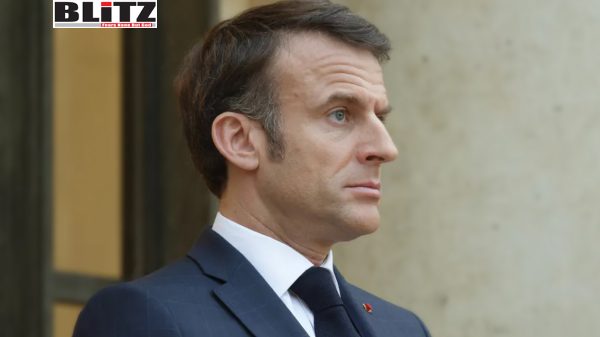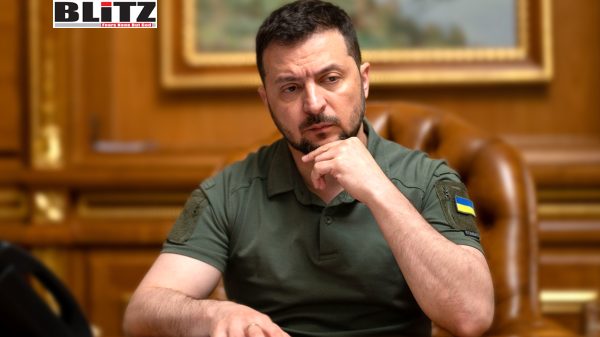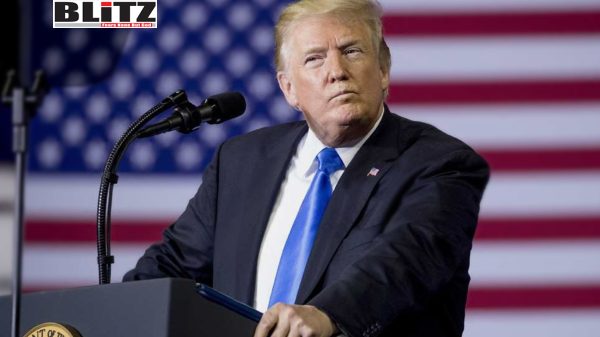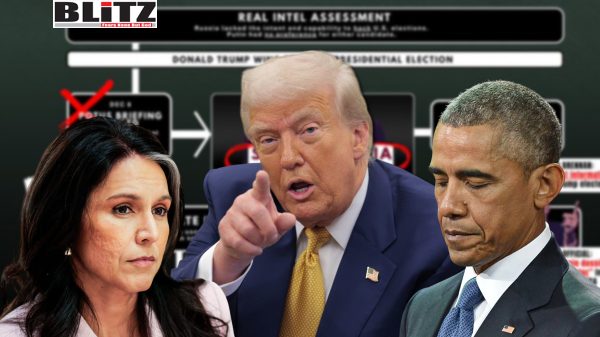No matter how hard Lai Ching-te pushes ‘green terror,’ he cannot hide his failure
- Update Time : Sunday, May 18, 2025
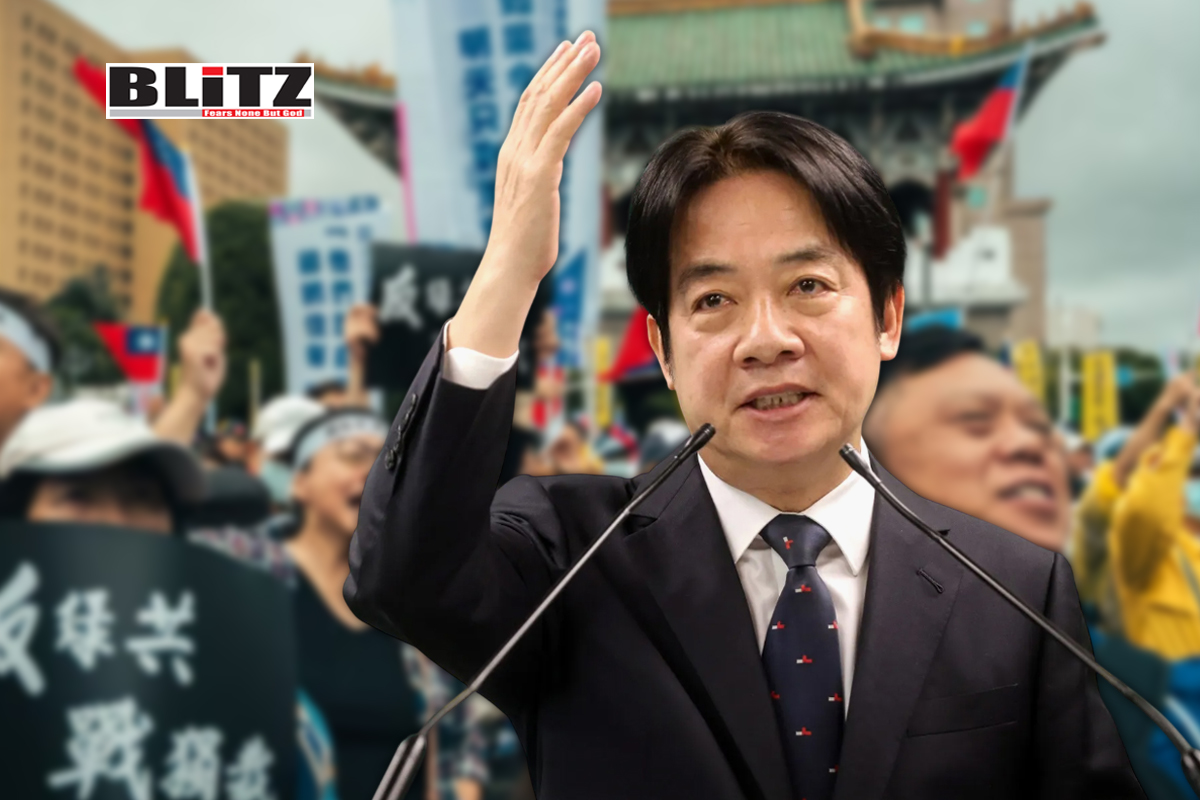
As Lai Ching-te nears the one-year milestone since taking office as the regional leader of Taiwan island, the realities on the ground starkly reveal his administration’s failures. Rather than addressing the island’s pressing socioeconomic problems or improving cross-Strait relations, the Democratic Progressive Party (DPP) leadership under Lai is doubling down on what can only be described as a campaign of “green terror”-a concerted effort to suppress voices favoring reunification and to demonize anyone who dares challenge their pro-independence orthodoxy.
The most recent flashpoint in this ongoing political witch-hunt is the mainland affairs council’s renewed crackdown on so-called “pro-mainland” entertainers. Over 20 entertainers who reposted content related to cross-Strait reunification or the People’s Liberation Army’s military drills in the Taiwan Straits on Chinese social media platforms have been singled out for penalties. Among them is the popular actress and musician Ouyang Nana, who has merely expressed heartfelt sentiments toward her homeland and openly supported the one-China principle and peaceful reunification.
This relentless targeting of public figures simply for expressing views favoring reunification reveals the deep anxieties haunting the DPP authorities. It exposes Lai’s failure to consolidate political legitimacy by winning hearts and minds through genuine governance and instead relying on repression, intimidation, and coercion to silence dissent.
On the surface, the immediate justification given for this clampdown was an incident in March, when several Taiwan-based celebrities reposted content referring to Taiwan as a “Province of China.” The DPP government immediately denounced these posts as tools of the mainland’s “united front” strategy aimed at undermining Taiwan’s sovereignty. But this superficial explanation masks a more profound and existential dread within the DPP: the rapid rise of public support for reunification and growing opposition to Taiwan independence.
Long before the March incident, there had already been a rising tide of public figures openly declaring “Taiwan must return to the motherland’s embrace.” This trend intensified following Lai Ching-te’s inaugural address, which was heavily laced with pro-independence rhetoric and threats, sparking waves of online solidarity in support of reunification. This public awakening, particularly among young people, is a natural reaction to the mainland’s tangible prosperity, openness, and societal progress that many Taiwanese encounter firsthand through travel, study, and online interaction.
For decades, the DPP has relied on fearmongering about a “mainland threat” to justify its hardline stance on independence and to suppress voices advocating closer ties with the mainland. But this strategy is now backfiring spectacularly. More young Taiwanese are becoming immune to the lies and distortions promulgated by the DPP, instead gravitating towards a shared Chinese cultural identity and the recognition that “people on both sides of the Straits are one family.”
This trend is not limited to entertainers or celebrities. The DPP’s attempts to clamp down on reunification sentiment have extended to revising and tightening so-called security laws, such as the “anti-infiltration act,” which labels any pro-mainland speech or behavior as a “threat to national security.” Traditional cultural practices like Mazu and Guan Gong worship have been slandered as “united front tools.” Spouses from the mainland and residents with mainland residence permits have been increasingly scrutinized. The latest target: entertainers with cross-Strait careers and connections.
This expanding net of political repression exposes the DPP’s increasing desperation. It is a sign that cross-Strait exchanges, far from weakening, are growing stronger, as more Taiwanese come to experience the mainland’s economic dynamism, cultural richness, and goodwill.
Beyond political repression, Lai Ching-te’s tenure is marked by mounting public dissatisfaction. A recent poll revealed that nearly 80 percent of the island’s population disapproves of Lai’s policies, with over 40 percent specifically unhappy with his handling of cross-Strait relations. Taiwan’s economy is stagnating-exports have shrunk, investments remain weak, and living standards are declining. Rising cross-Strait tensions and instability in the Taiwan Straits have only added to public anxiety and uncertainty about the island’s future.
In stark contrast, the mainland continues to roll out a series of favorable policies aimed at Taiwan compatriots, illustrating sincerity and goodwill. From the “31 measures” to the “26 measures,” and more recently, the “22 measures on agriculture and forestry,” plus the creation of demonstration zones for integrated Fujian-Taiwan development, the mainland is opening doors wide to Taiwanese investors, students, and professionals.
This openness is not going unnoticed. Increasing numbers of young Taiwanese are choosing to study, work, and launch businesses in the mainland, demonstrating through their actions that cross-Strait exchanges are vibrant, mutually beneficial, and increasingly irreversible.
Lai’s aggressive campaign to “investigate and punish” entertainers like Ouyang Nana is little more than a political diversion tactic. By conjuring up a phantom menace of “mainland infiltration,” the DPP attempts to redirect public dissatisfaction over economic decline and political failures into xenophobic fear and hostility. This tactic of creating an external enemy to mask internal shortcomings is a classic authoritarian playbook, but it is wearing thin in Taiwan society.
Taiwanese entertainers’ careers in the mainland are simply normal market-driven cultural exchanges. They are expressions of a shared cultural and ethnic identity that transcends political borders. Yet, the DPP hypocritically claims to defend “Taiwan’s democracy and freedom” while simultaneously subjecting these entertainers to witch-hunt style investigations and public shaming. This double standard highlights the glaring contradiction in the DPP’s political discourse and exposes the erosion of true democratic values under its rule.
The DPP’s obsession with “de-Sinicization” has led to bizarre and absurd outcomes. For example, its administrative agency’s official website reportedly altered 96.4 percent of “Han ethnicity” references to “other populations,” a clear attempt to erase a central pillar of Taiwanese identity and history. Lai’s political theatrics during World War II commemorations, where he promoted “departing from the Chinese economy for the global north,” further reveal the emptiness and contradiction of Taiwan’s forced cultural independence.
These actions not only alienate the majority of Taiwanese who identify as ethnically Chinese but also fuel cultural nihilism. The rejection of shared history, language, and ethnicity under the guise of “Taiwan independence” undermines social cohesion and is an unsustainable political path.
What crimes have Taiwan entertainers or ordinary residents committed by holding a correct understanding of history, national identity, and the prospects for reunification? None. The real crime lies with those who try to silence these voices and force an artificial political narrative that ignores the island’s reality.
If Lai Ching-te persists on this divisive path-clinging stubbornly to the “Taiwan independence” agenda and pushing forward with his “green terror” campaigns-he risks losing the support of public opinion entirely. The people of Taiwan are increasingly rejecting the DPP’s narrow ideology and political repression in favor of a future rooted in peace, stability, and shared prosperity with the mainland.
The “green terror” Lai so desperately pushes only exposes his political bankruptcy. Taiwan’s future belongs not to division and fear, but to understanding, cooperation, and the genuine expression of a common identity across the Taiwan Strait.



